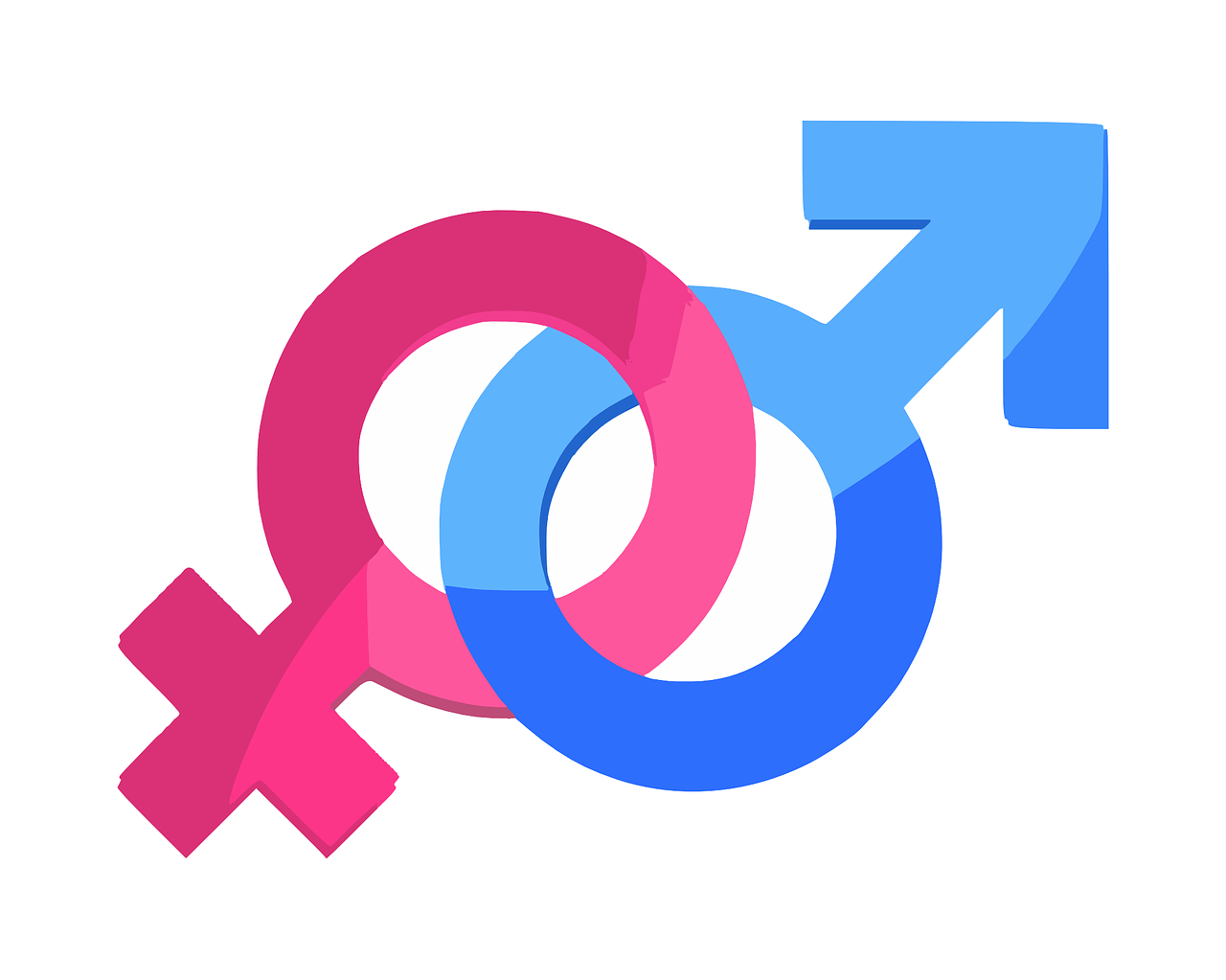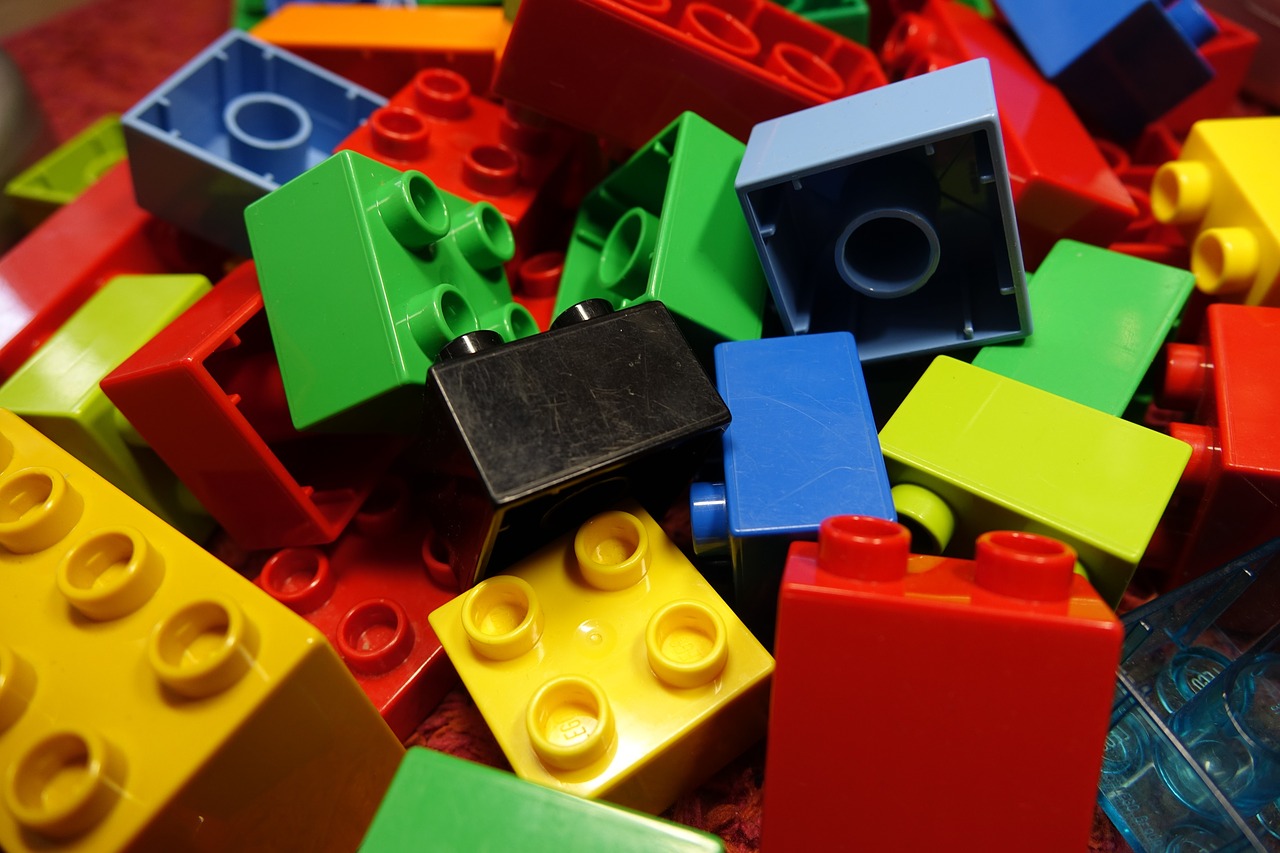In a move meant to foster inclusivity, Lego Group recently announced it will no longer label toys by gender.
Earlier this week, Lego made an announcement that it will be removing gender stereotypes from its popular toys. The decision came after the company conducted a global survey that “found attitudes to play and future careers remain unequal and restrictive.” For example, researchers found that “while girls were becoming more confident and keen to engage in a wide range of activities, the same was not true of boys.”

According to the survey, “71% of boys surveyed feared they would be made fun of if they played with what they described as ‘girls’ toys’ – a fear shared by their parents.” Madeline Di Nonna, the chief executive of the Geena Davis Institute on Gender in Media, the company that conducted the research, said, “Parents are more worried that their sons will be teased than their daughters for playing with toys associated with the other gender.” She added:
“But it’s also that behaviors associated with men are valued more highly in society…Until societies recognize that behaviors and activities typically associated with women are as valuable or important, parents and children will be tentative to embrace them.”
The study, she noted, found parents continue to “encourage sons to do sports or Stem activities, while daughters were offered dance and dressing up (girls were five times more likely to be encouraged in these activities than boys) or baking (three times more likely to be encouraged).”
When commenting on the findings of the study, Geena Davis, an Oscar-winner actor who works to combat negative gender stereotyping said, “These insights emphasize just how ingrained gender biases are across the globe.” Professor Gina Rippon chimed in and said, “There’s asymmetry…We encourage girls to play with ‘boys’ stuff’ but not the other way around.” Rippon is a neurobiologist and author of ‘The Gendered Brain.’ She noted that this is a problem because toys offer “training opportunities…So if girls aren’t playing with Lego or other construction toys, they aren’t developing the spatial skills that will help them in later life. If dolls are being pushed on girls but not boys, then boys are missing out on nurturing skills.”
Lego Group commissioned the study for the UN International Day of the Girl. It “surveyed almost 7,000 parents and children aged six to 14 from China, the Czech Republic, Japan, Poland, Russia, UK, and the US.”
When asked about the move, Julia Goldin, the company’s chief product and marketing officer said:
“We’re working hard to make Lego more inclusive…Traditionally, Lego has been accessed by more boys, but products like [arts and crafts line] Lego Dots or Lego City Wildlife Rescue Camp have been specifically designed to appeal to boys and girls.”
Golden further stated that the toy company is no longer labeling its products by gender. Instead, the Lego website “offers themes that it calls ‘passion points.’ She said, “We’re testing everything on boys and girls, and including more female role models…Our job now is to encourage boys and girls who want to play with sets that may have traditionally been seen as ‘not for them.’”
Sources:
Lego to remove gender bias from its toys after findings of child survey
Lego says it will work to rid its toys of harmful gender bias


Join the conversation!